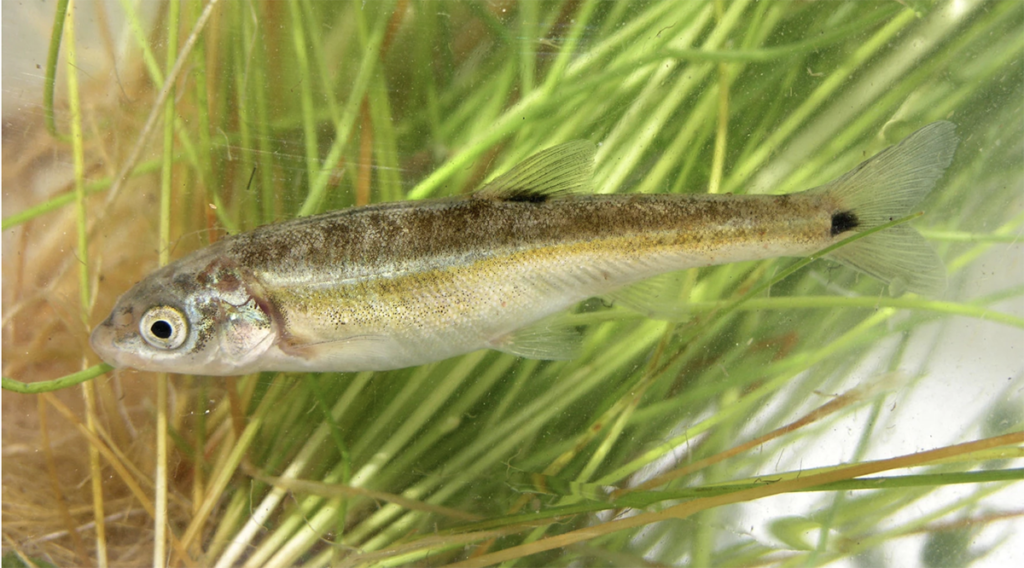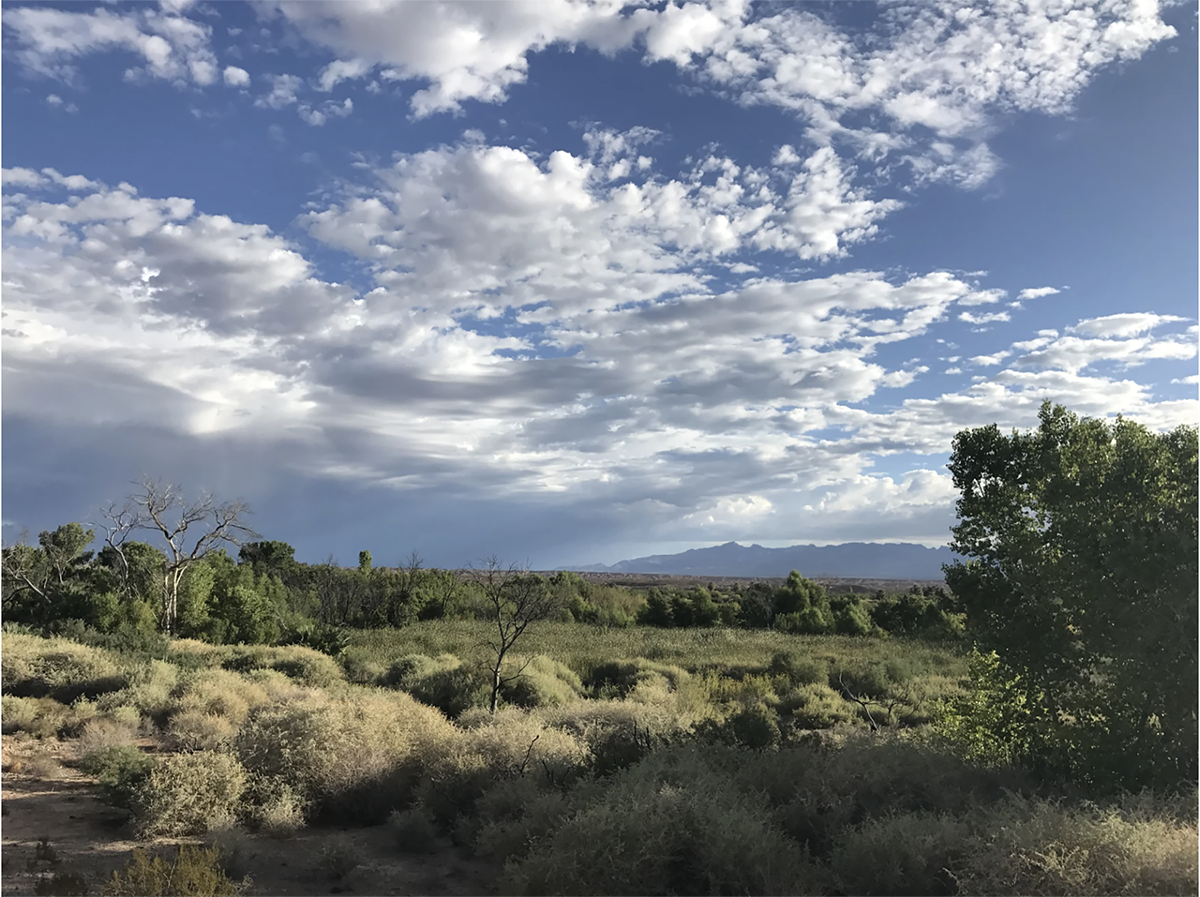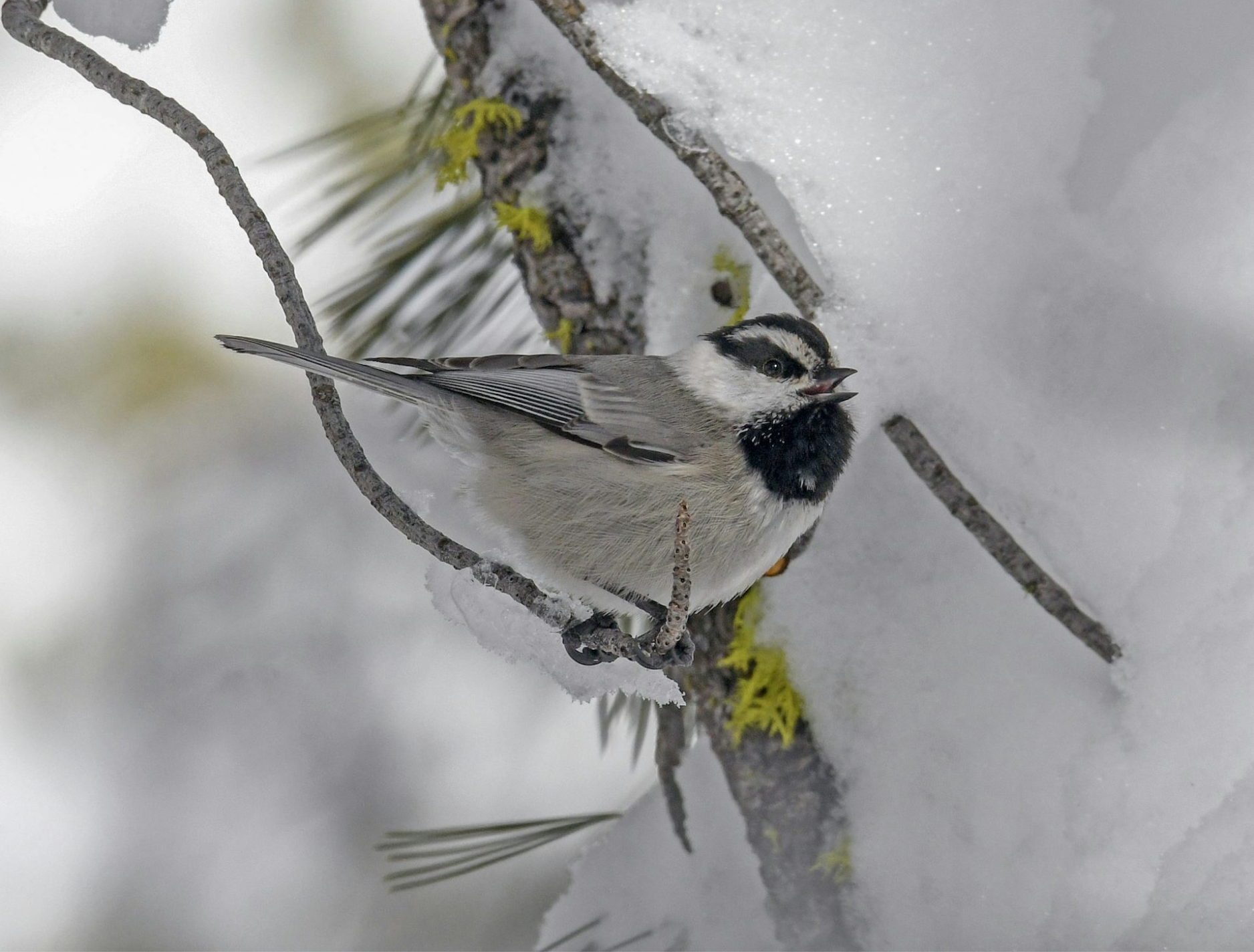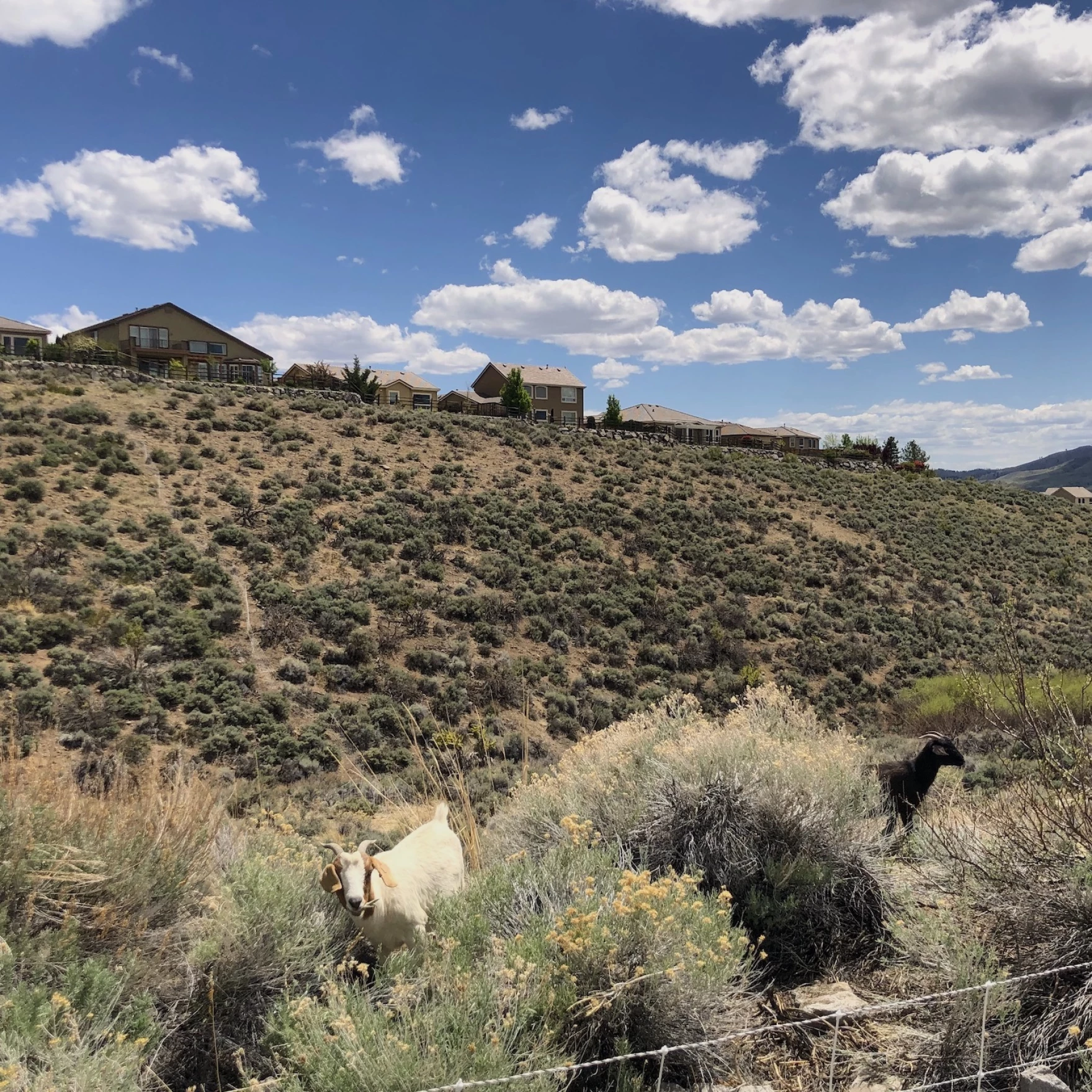This story was shared with permission from KUNR Public Radio. For an audio version of the story, please visit the KUNR website.
The Nevada Supreme Court ruled in favor of the Nevada state engineer on January 25 in a decades-long water management case between conservationists and developers in southern Nevada.
In the Lower White River Flow System case, the court ruled in favor of the state engineer’s proposal to combine seven interconnected water basins into one “superbasin” for water management purposes. It also ruled that the Nevada state engineer has the jurisdiction to manage both surface and groundwater.
The ruling sets a precedent, said Patrick Donnelly, the Great Basin director of the conservation non-profit The Center for Biological Diversity, which has been in a 20-year battle against the proposed Coyote Springs City development.
“[The] ruling basically said the state engineer has the authority to manage groundwater in order to protect senior water rights and wildlife, and that the state engineer can take actions including limiting pumping in order to protect senior water rights and wildlife,” Donnelly said.
In a recent test the state engineer found that pumping needs for the proposed Coyote Springs City of over 159,000 residential units would overdraw the aquifer, threatening the Moapa Dace, an endangered fish species, as well as imperiling senior water rights in the Muddy River, which is a source of drinking water for Las Vegas.

“The precedent from this case is really wide ranging, and is going to affect honestly every major water rights case in Nevada for years to come because it really deals with how the state engineer reckons with a lack of water in an era of climate change,”Donnelly said.
The Humboldt River drainage area in Northern Nevada could be affected by this case, Donnelly said. It spans all the way from Elko to Fallon and is being increasingly drawn upon for mining, agriculture and municipal uses, but this recent ruling could change things.
“It’s tilted the balance of Nevada water law toward conservation. And that’s just very important, especially in an era of drought and climate change,” Donnelly said.
Kat Fulwider is the 2023 fall intern for KUNR and the Hitchcock Project for Visualizing Science.






